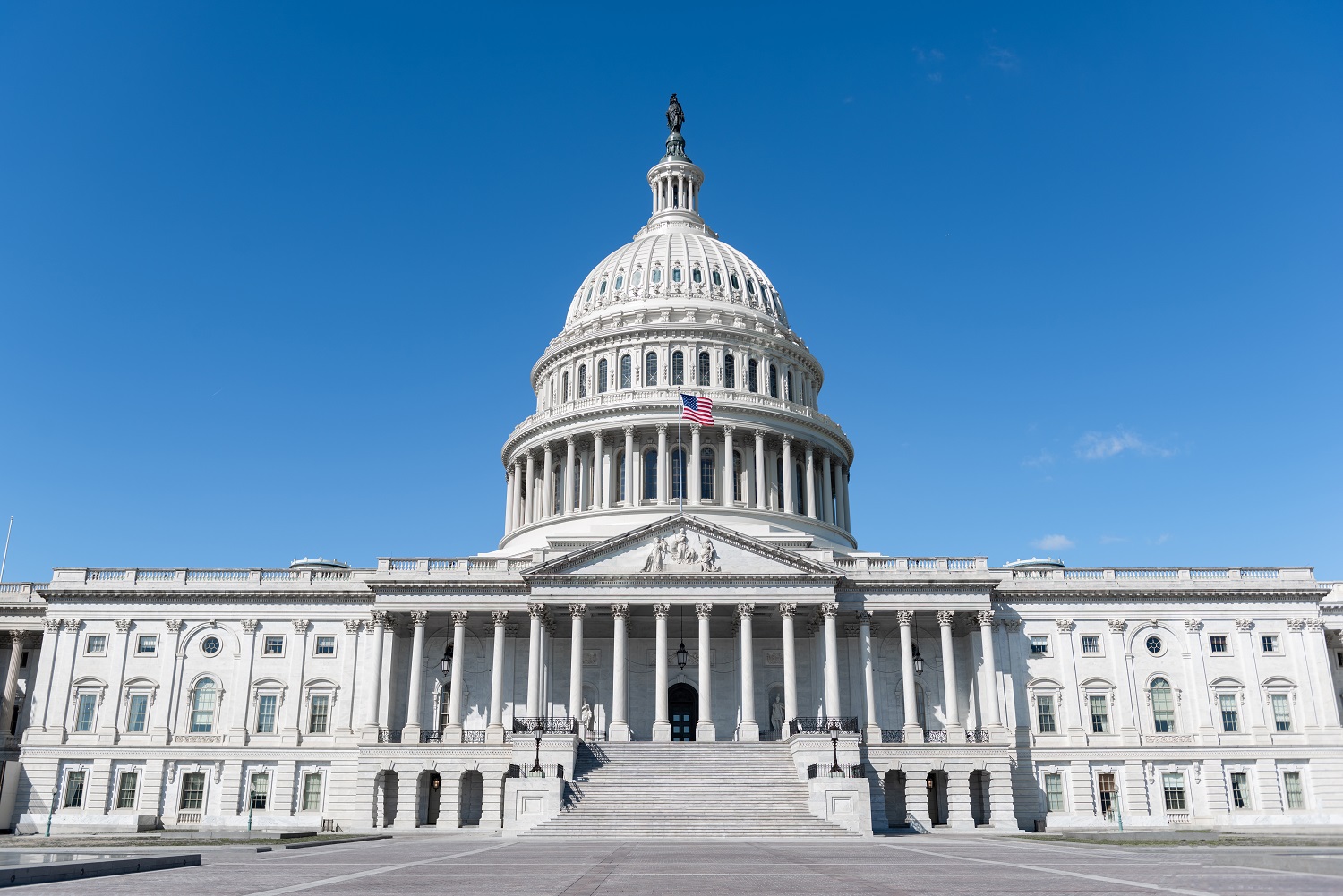I was pleased to hear Ms. Hyde—who’s been at the helm of MCC for a year now — reiterate, as she has on a number of other occasions, that MCC’s focus is “growth, growth, growth.” With policymakers and politicians using the occasion of MCC’s 10-year anniversary to ask “what’s next,” I’m always glad to hear that the agency is maintaining a keen focus on the singular mission and aid-effectiveness-based model that make it unique. Admittedly, my ears perked up when Hyde said, “as MCC looks to [the Addis conference on finance and development], we will….” After all, like a lot of people, I’m very curious about what the USG will bring to the table (remember, MCC was announced at such a meeting in Monterrey in 2002). The way Hyde finished her sentence, however, with a promise to renew the agency’s commitment to reducing poverty through growth, was not revolutionary. On the other hand, it was just right. “What’s next” for MCC should entail innovations and efforts to expand impact that fit well within its model.
Along those lines, Hyde unsurprisingly touched on some of the current key policy priorities for the agency: piloting regionally-focused compacts, exploring ways to further catalyze private investment, and strengthening (already noteworthy) efforts to publish and use data. I was also pleased to hear her renew MCC’s commitment to implementing results-based payment schemes, with a reference to CGD’s work on Cash On Delivery Aid and Development Impact Bonds. Though results-based financing has been on MCC’s radar in the past, the agency had been quiet about its intentions in this area over the past year. I’m glad to see it’s back on the agenda, and there seem to be some good prospects for piloting such an approach in some new and forthcoming country compacts.
Taking a more existential angle, Brookings’ co-host, Homi Kharas, pressed Ms. Hyde to situate MCC in the new development landscape. When MCC was founded, the conversation about development — marked by the 2005 Paris Declaration — revolved around “aid effectiveness.” MCC’s model, based on key principles of this agenda, in a way reflects this time period. However, the conversation is now shifting to a notion of “beyond aid,” reflecting a new development finance landscape in which aid is increasingly dwarfed by government revenues and private capital flows in low income countries. So “how does MCC fit in a ‘beyond aid’ world?” is a good question. However, the fact remains that global aid levels, while diminishing in relative importance, generally continue to increase. And considering that MCC spends close to $1 billion of US taxpayer resources each year (and is looking to get more), the question of how to spend it well — the question of “aid effectiveness” — is still important. Looking into MCC’s next decade, the agency’s leadership is on point about how to answer that question — keep the focus on growth, on rigorous pursuit of results, on fostering real partnerships with country partners, on incentivizing and rewarding policy performance, on accountability through transparency. So far, MCC has implemented that agenda reasonably well (though with room for improvement). As always, we’ll keep watching to see how the vision for the next ten years plays out in practice.
Disclaimer
CGD blog posts reflect the views of the authors, drawing on prior research and experience in their areas of expertise. CGD is a nonpartisan, independent organization and does not take institutional positions.





